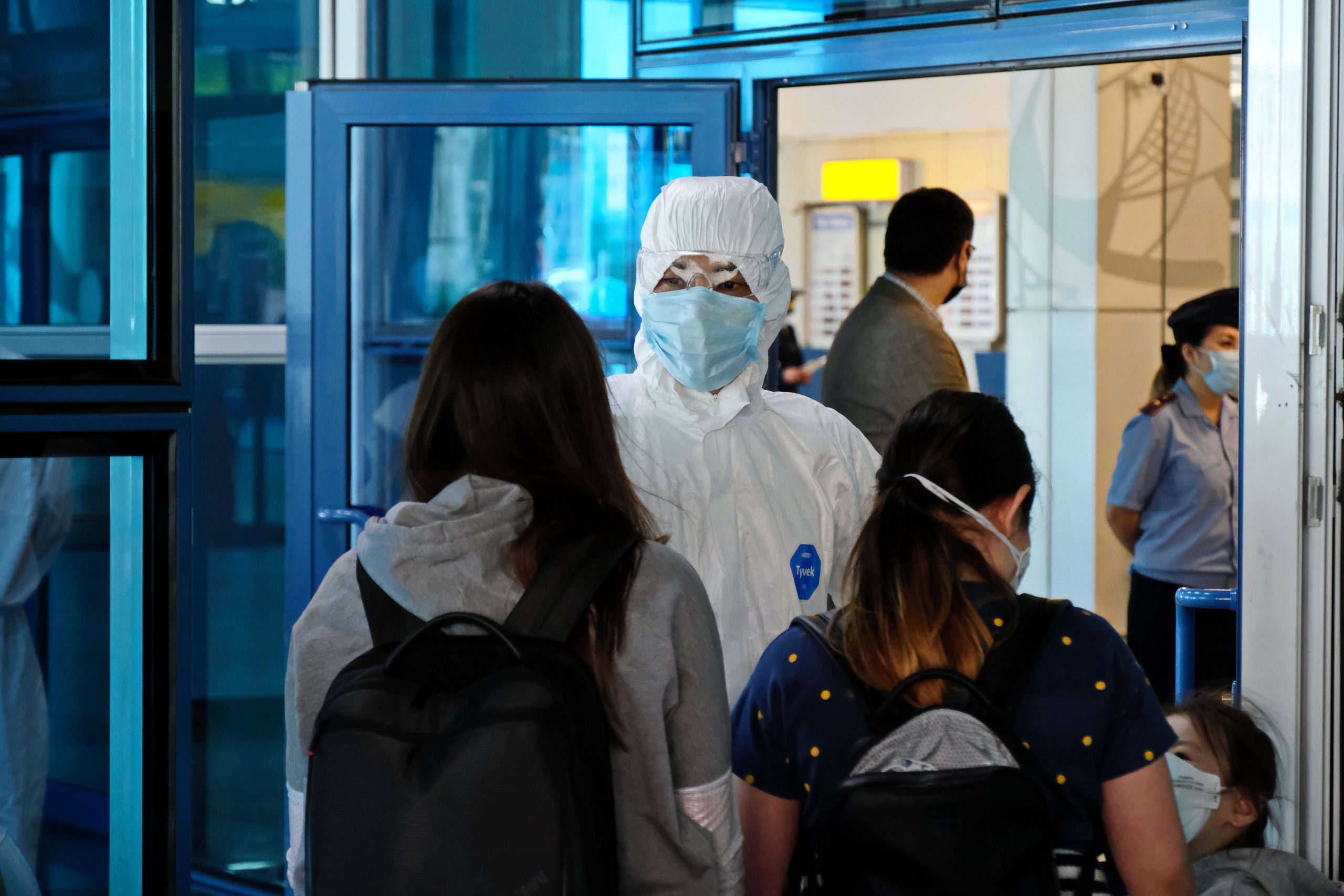Public Health Disinformation and the COVID-19 Pandemic in Kazakhstan
On June 9, the Oxus Society for Central Asian Affairs hosted a webinar that brought together experts from across the region to share their insights on the effects of disinformation amid the Covid-19 pandemic in Kazakhstan. The speakers highlighted that the Kazakh government’s attempt to monopolize control over information and shape the media space increased the negative impacts of the proliferation of false information.
Tinatin Japaridze, a Director of Policy and Strategy at The Critical Mass (TCM), presented a recent study conducted in three countries – Georgia, Kazakhstan, and Ukraine. The research, sponsored by the U.S. Department of State Global Engagement Center, aimed to assess the impact of disinformation on people’s various spheres of life. Based on local experts’ inputs, the study identified several key trends in Kazakhstan:
- Both Russian state-affiliated and local actors have exploited the domestic situation and pandemic outbreak to push disinformation and increase their influence in the region.
- The pandemic has weakened confidence in official institutions, decreasing the credibility of their public health messaging efforts.
- Corruption is a primary cause of low trust in medical personnel.
- Experts are aware of very few local countermeasures against Russian-origin disinformation.
The study includes a number of mitigation strategies recommended by local experts. The results of the research are expected to be published at the end of June.
Vyacheslav Abramov, Kazakh journalist and editor of Vlast.kz, noted that the Kazakh government’s strict lockdown regulations did not allow journalists to report on the developing situation. As a result of this information vacuum, unverified information circulated freely in the social media. With its selective fight against fake news, the government left only a few experts and media outlets to voice their independent views.
Asel Musabekova, a virologist and founder of popular science platform Gylym Faces (Faces of Science), added that the lack of information and the government’s confused response to the pandemic disoriented people. Many people turned to folk medicine or panic bought antibiotics without a prescription having seen misinformation in social media. The proliferation of fake information demonstrated an urgent need for scientists to speak up. Together with her colleagues and friends, Musabekova set up social media platforms Medsupportkz and Gylym Faces, where Kazakh scientists talk about the COVID-19, vaccination, and attempt to provide accurate information. At the peak of the pandemic, they received more than a thousand questions a day.

